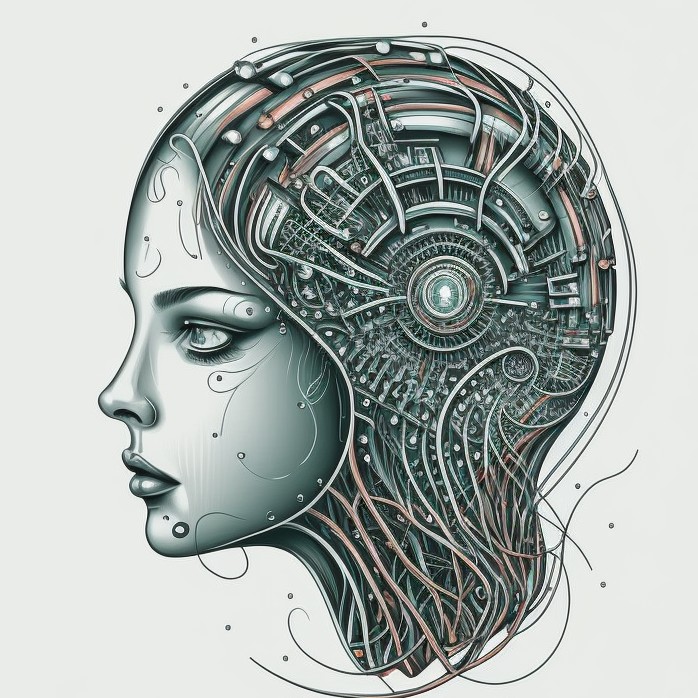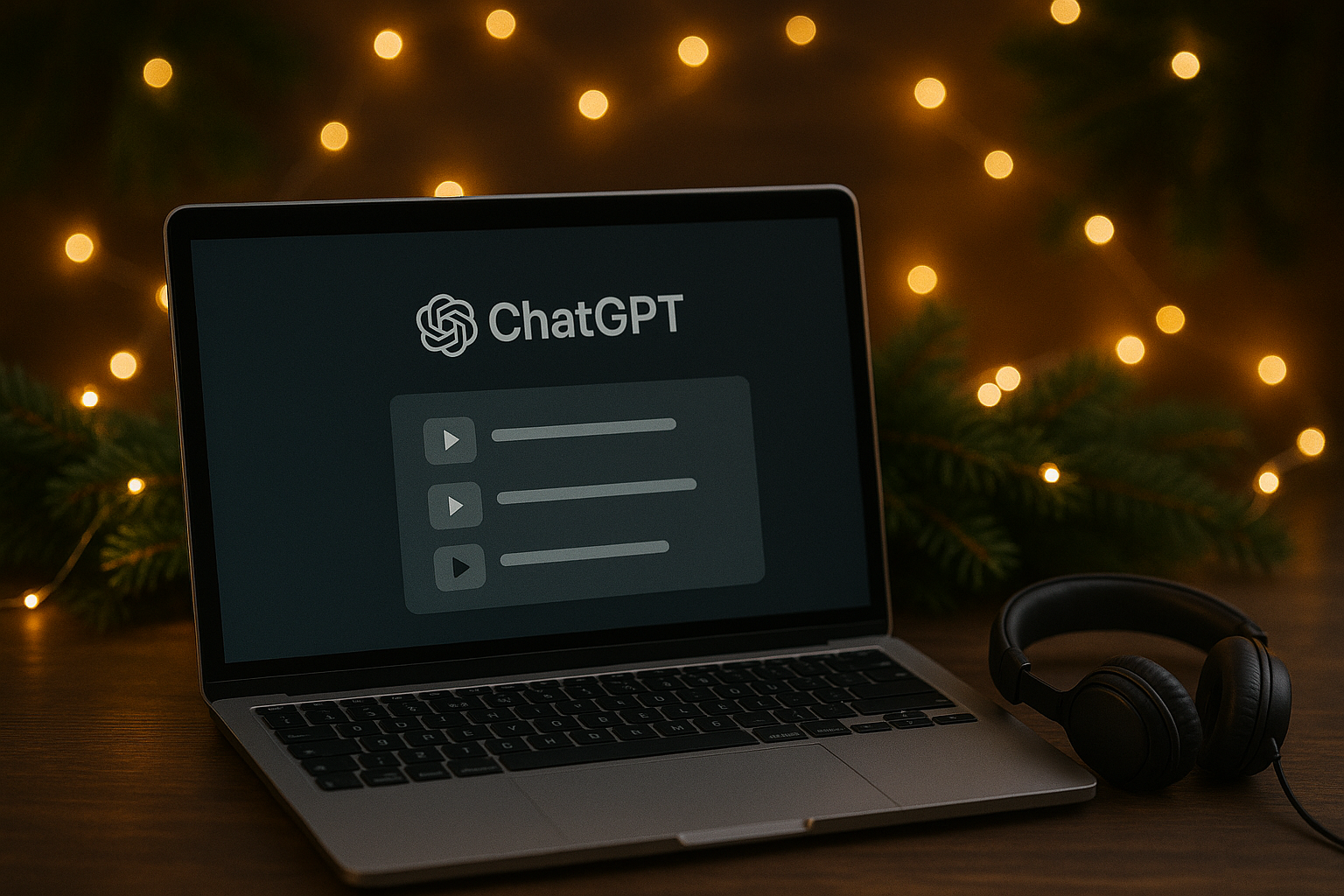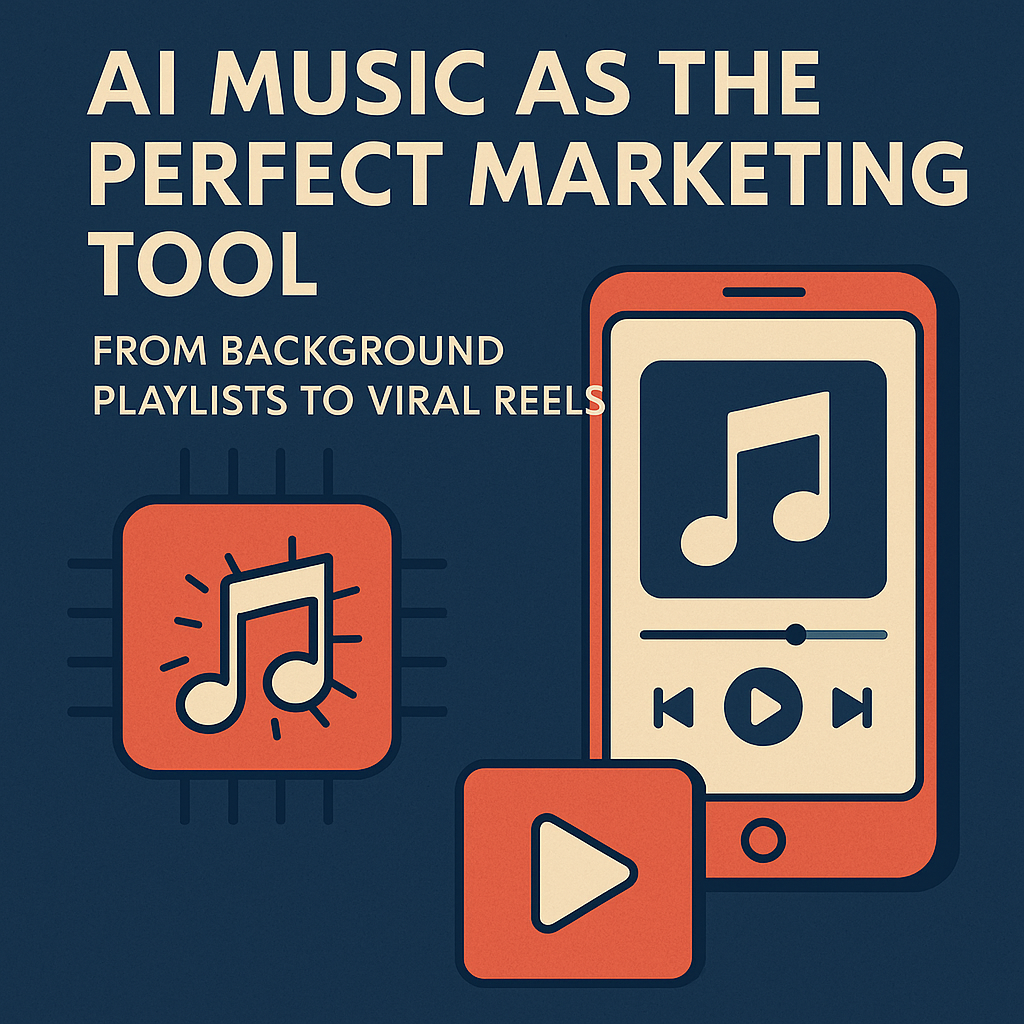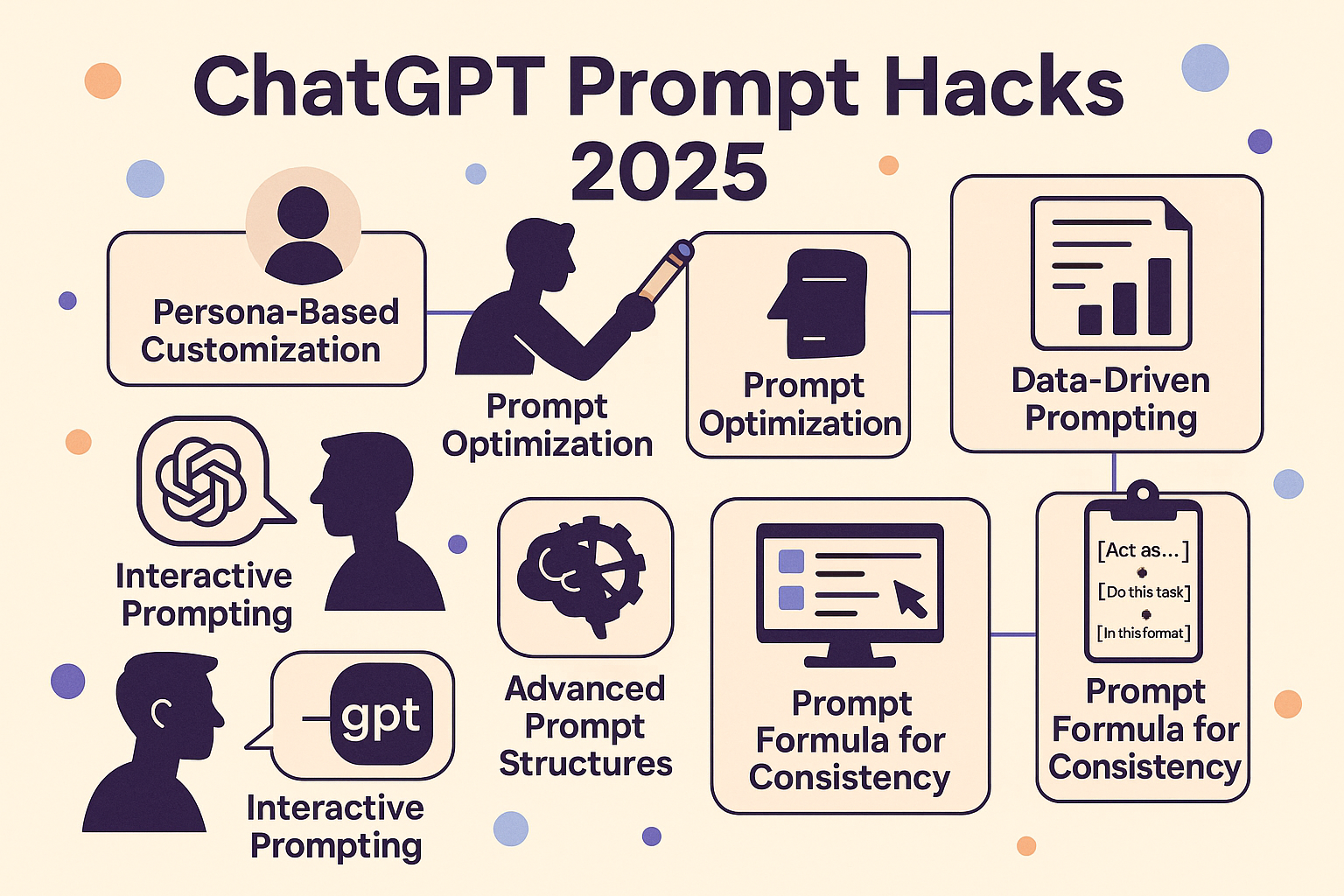The Harmonious Symphony of AI: The Impact of ChatGPT on Songwriting
Unraveling the Melody of Innovation: A Comprehensive Exploration of the Pros and Cons
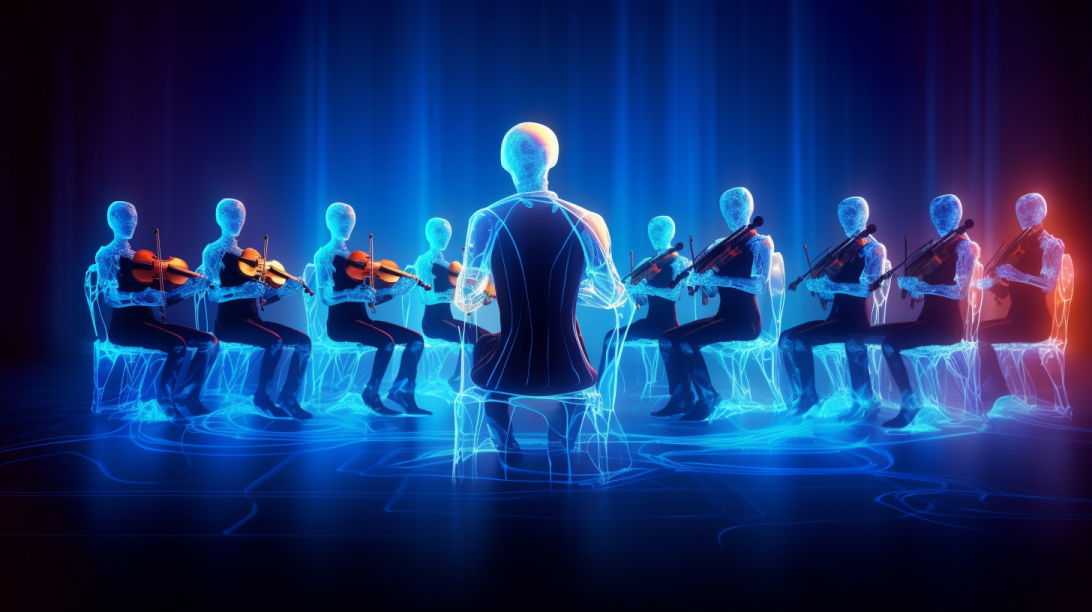
In the grand orchestra of technological advancements, artificial intelligence (AI) has emerged as a virtuoso performer, playing a pivotal role in various industries. One such industry that has been significantly influenced by AI is music, particularly in the realm of songwriting. The key player in this symphony of innovation is ChatGPT, a language generation model developed by OpenAI. This article delves into the impact of ChatGPT on songwriting, exploring both its harmonious benefits and potential discordant drawbacks.
The Crescendo of Creativity: The Pros of Using ChatGPT in Songwriting
ChatGPT has been lauded as a revolutionary tool in the music industry, with its ability to generate human-like text, including lyrics and entire songs. This has opened up a plethora of opportunities for songwriters and musicians, offering a new avenue for creativity and inspiration.
- Effortless Idea Generation: ChatGPT serves as a creative partner, providing songwriters with an endless stream of ideas for lyrics, chord progressions, and melodies. This can be particularly beneficial in overcoming writer's block, a common challenge faced by many songwriters.
- Collaborative Tool: ChatGPT can be used to collaborate with other songwriters and musicians, both online and in-person. This collaborative process can lead to the creation of unique and innovative songs that blend different styles and perspectives.
- Democratizing Songwriting: ChatGPT can be a powerful tool in democratizing the songwriting process. By providing an accessible platform for creating music, it allows individuals who may not have formal training in music or songwriting to express their creativity and produce their own songs.
- Time-Saving: The ability of ChatGPT to generate lyrics and melodies in a matter of seconds can save songwriters a significant amount of time, allowing them to focus more on refining their compositions and less on the initial creation process.
The Dissonant Notes: The Cons of Using ChatGPT in Songwriting
While ChatGPT offers numerous benefits, it's important to also consider the potential drawbacks and ethical considerations that come with its use in the music industry.
- Potential Legal Implications: The use of AI in songwriting could potentially lead to legal issues regarding plagiarism. Since ChatGPT generates content based on a vast database of existing text, there is a risk that it could inadvertently produce lyrics that are similar to those already copyrighted.
- Lack of Emotional Depth: While ChatGPT can mimic human-like text, it lacks the emotional depth and personal touch that are often found in songs written by human songwriters. This could potentially result in songs that, while technically proficient, lack the emotional resonance that connects with listeners on a deeper level.
- Over-Reliance on AI: There is a risk that songwriters could become overly reliant on AI tools like ChatGPT, potentially stifling their own creativity and originality. It's important for songwriters to use such tools as aids rather than replacements for their own creative process.
Striking the Right Chord: Using ChatGPT for Songwriting
Despite the potential drawbacks, the use of ChatGPT in songwriting can be highly beneficial when used responsibly and ethically. Here are some prompts that songwriters can use to harness the power of ChatGPT:
- "Generate a chorus based on the theme of love and loss."
- "Provide a verse that complements this melody: [insert melody]."
- "Create a bridge with a hopeful tone."
- "Suggest a chord progression used for a song about overcoming adversity."
5. "Suggest a catchy hook for a pop song."
In addition to using ChatGPT, songwriters can also leverage other AI tools to create music. For instance, Soundraw allows you to customize the length, composition, and instrumentation of your music completely royalty-free. Voicemod is a text-to-song generator that can produce complimentary music based on your uploaded lyrics. Uberduck, on the other hand, can be used to create a virtual songwriting assistant that helps you create something completely new.
The Grand Finale: The Future of ChatGPT in Songwriting
The impact of ChatGPT on songwriting is undeniable. It has the potential to revolutionize the way we create music, offering a new platform for creativity and innovation. However, like any tool, its effectiveness ultimately depends on how it's used. When used responsibly and ethically, ChatGPT can be a powerful ally in the songwriting process, helping to generate new ideas, facilitate collaboration, and democratize the creation of music.
However, it's important to remember that AI tools like ChatGPT are not a replacement for human creativity. They are tools that can aid in the creative process, but the heart and soul of a song – its emotional depth, its personal touch, its ability to connect with listeners on a deep and meaningful level – can only come from the human mind. As we continue to explore the potential of AI in songwriting, let's remember to strike a harmonious balance between technology and creativity, ensuring that the music we create resonates not just with our minds, but with our hearts as well.
In our database we have over 100 prompts for ChatGPT about music.
